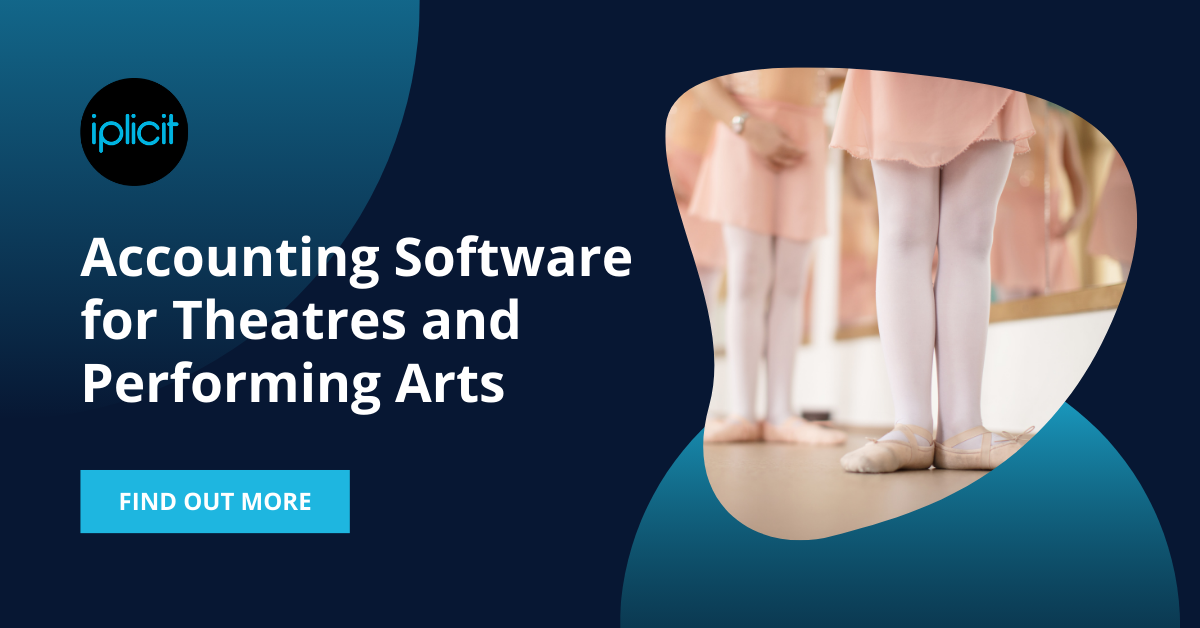Satellite broadcasts have enabled venues all over the country to present prestigious theatre, music and ballet to audiences who wouldn’t have been able to see those productions in person.
But were those people watching live performance – or cinema?
A tribunal was asked to rule whether a regional arts centre was correct to argue that such showings were cultural events that should be exempt from VAT.

The issue could have costly implications for many other arts venues – although one VAT expert has warned that, like a West End hit, the issue could be set for an extended run.
Satellite broadcasts and VAT
Whether it’s Phoebe Waller-Bridge in Fleabag, Bill Nighy in Skylight, or the Royal Opera House’s latest production of Das Rheingold, satellite broadcasts have broken down geographical and financial barriers to enjoying big-ticket cultural events.
The First Tier Tribunal (Tax Chamber) considered an appeal by the arts venue Derby Quad Limited, which argued that its screenings of such productions should be exempt from 20% VAT.
Derby Quad pointed to the “cultural exemption” that applies to “the supply by an eligible body of a right of admission to a theatrical, musical or choreographic performance of a theatrical nature”.
HMRC, on the other hand, argued that these screenings were excluded from that cultural exemption.
Quad is Derby’s “cultural hub”, combining independent cinema with an art gallery, a cafe bar, and event spaces. As well as showing live broadcasts of cultural events, it presented recorded “encore” screenings of the same performances.
Adam Lloyd Bus, director of the venue from 2014-22, argued that such screenings were different from film showings, which are subject to VAT. Audiences at National Theatre Live presentations felt “real excitement” because the event was broadcast live. He said they “tended to applaud at the end of the screening: they appear to feel connected to the performance and the South Bank audience”, the tribunal summarised.
He made the case that “the event seeks to create the cultural experience of theatre through digital innovation”, the tribunal said.
How the tribunal reached its decision
The tribunal began by deciding that repeat, or “encore”, showings, were certainly cinematic screenings.
“In simple terms, they were in no understandable interpretation Live Events; there was nothing live about them,” it said.
While it was “not persuaded” that a live broadcast of an event was the same thing as a film screening, it did not consider that it met the “natural and ordinary meaning” of the words “theatrical performance” either.
A key point, it said, was that “the actors cannot hear the Live Event audience and moreover they provided no audience and performer interaction”.
This was, the tribunal decided, a “crucial distinction”.
“The actors/performers in a theatrical performance receive no ‘feedback’ from an audience at a Live Event. The audience cannot convey their reactions and responses to the actors/performers,” it added.
The actors would not know if audience members left at the interval or during the show and “would not even be distracted, as is widely publicised and criticised, by the use of mobile telephones”.
“The tribunal considered that these interactions which require the audience and the performers to be in the actual same place were critical to a ‘theatrical performance’,” the decision said.
What does the ruling mean for other arts venues?
VAT Consultant Hilary Bevan points out that the decision of a First Tier Tribunal is not binding in other cases and can be appealed – so the situation has not necessarily been clarified.
“We don’t know whether Derby Quad will appeal or if HMRC will issue a brief saying they haven’t appealed. Until one of those things happens, we’re in limbo,” she says.
“I have a client that puts on National Theatre Live events. They had an email from HMRC in 2018 about cultural exemption, saying ‘We don’t know the answer but we’re happy for you to treat it as exempt for now – but keep Googling for updates!’”
She suspects that many venues whose income is mostly subject to the cultural exemption will have treated live screenings the same way, whereas commercial cinemas might have treated them as subject to VAT.
“It would be nice to have some certainty because, as you can see from reading through the case, it’s not black and white. There are lots of arguments that something like National Theatre Live is very similar to the theatre,” she says.
“You pay more than you would for a normal cinema ticket. People applaud at the end. Isn’t this just a more modern way of making theatre more accessible? My background is as an accountant, not as a lawyer, but to my mind it doesn’t seem very different from watching it live.”
VAT controversies
The 50-year history of VAT has been full of controversies and arguments about definitions. (The question of whether a Jaffa Cake is a cake or a biscuit for VAT purposes is a famous example.)
VAT is a particular challenge for many arts and cultural organisations. They are often run by charitable trusts which have commercial divisions as well – requiring them to get into the complex subject of partial VAT.
The implication of the Derby decision is that many cultural venues are putting on a mix of VAT-exempt and VAT-able events.
Hilary Bevan is hoping for clarity. “I’m hoping it gets appealed and we will get a definitive answer, because most businesses really just want to pay the right amount of VAT,” she says.
“Nobody’s trying to put one over on HMRC. They want to get it right – and if they get it wrong, it’s because it’s complicated.”
If organisations’ assumptions about their VAT liability are overturned by the case, the quality of their records might present them with a problem.
“It could all depend on how your ticket sales end up in your accounting software,” says Hilary. “Does it specify what type of show the sales relate to, or do you just have a total for ticket sales? It could be that there’s some digging to be done.”
Simplify your accounting processes
To find out more about how iplicit simplifies the work of finance teams, including VAT and partial VAT, take a quick tour of the software or book a demonstration.

